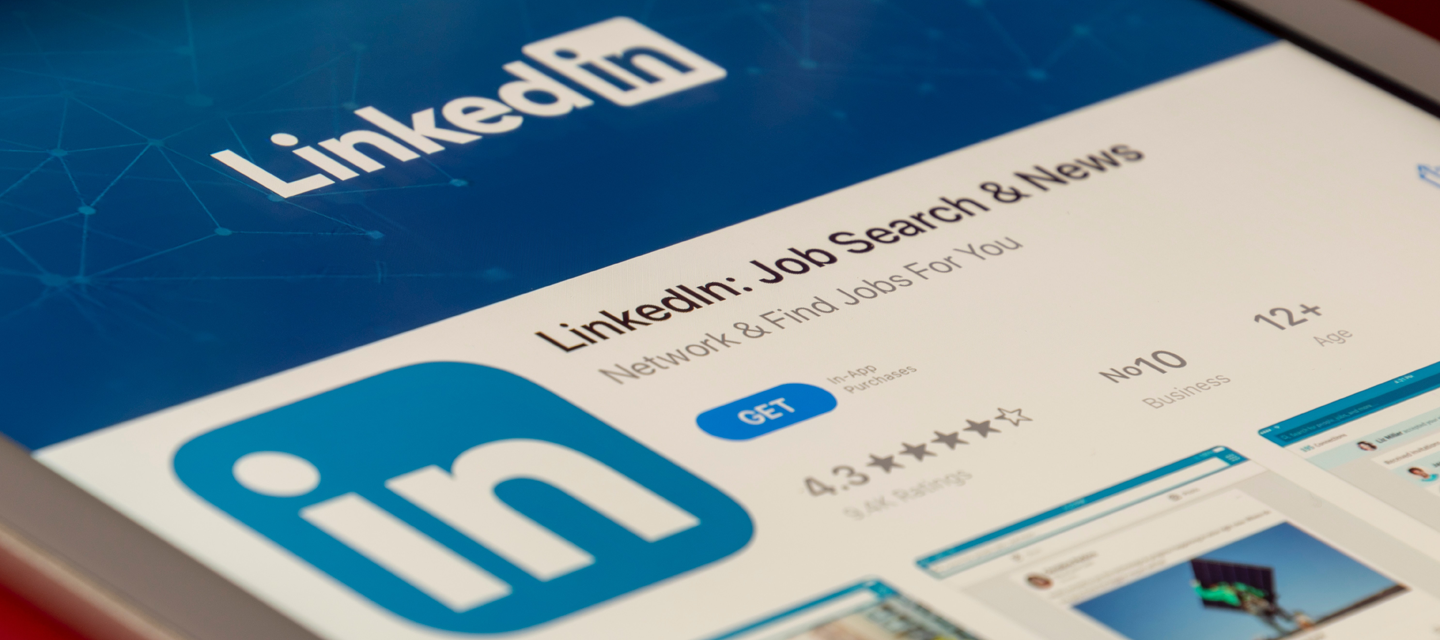Web development – which content management system?
Once you pick a content management system (CMS) you have to live with it, often for years. In the latest …
Once you pick a content management system (CMS) you have to live with it, often for years. In the latest blog in our web development series, we look at how you can pick the right one.
We’ve already looked at different types of code and frameworks. Now we turn to CMSs. There are a myriad of choices and it can be confusing picking the right one.
What is a CMS?
Simply put, it’s a user friendly system that allows you to update your website. Every website is different so each CMS will be created according to your requirements.
If you have an ecommerce website, then the CMS usually allows you to manage products and orders.
How do you pick the right CMS?
Arguably there is no “right” CMS. There is a vast selection of them and they all do the same thing (just like code and frameworks). What it frequently comes down to is your supplier’s ability to code what you need and the interface.
When planning your website, the CMS functionality should be considered and thought through but it is not necessary to pick the actual system. This can restrict your agency choice and you may be picking the wrong CMS to start with.
During the pitching process, you should always ask for a CMS demo. This will give you a good idea of how easy it is to use and if the interface is user friendly. It is also valuable to speak to someone who has used it before.
Be prepared…
…to learn about your CMS. I’ve managed many web projects where the client did not spend enough time getting to know the CMS and testing it before the website went live. This causes pain (and tears). Make the most of your user acceptance period to understand how it works. The more complex your requirements, the more complex your CMS will be. Any time you invest in learning it will bring immediate benefits as you will be able to do more and quickly.
Popular systems
According to Venture Beat, 19% of the internet are running on WordPress websites. Its popularity is due to its simple set-up for non-developers and customisation. Given that most of the world’s websites are straightforward this is not a surprising figure. Other popular systems are:
There are pros and cons to using each of these systems. Some require annual subscriptions, others have better user interfaces.
At MintTwist we do not use an off-the-shelf CMS. We have experimented with different ones but ultimately we have developed our own and use the Zend framework to create consistent code.
Paid for vs. free
Free is not always a good thing, nor does paid for mean it’s better. If you are paying for a CMS make sure you demo it and are comfortable using it.
I would argue that there is no such thing as a “free” CMS if your website is complicated. If you are using one that has no monthly or annual charge, then you should be prepared to continually invest and improve on it so your website can keep pace with technological change.
Conclusion
It is important to select a web development agency you can work with long-term and to ensure that the CMS they propose is one you can actually use. Always ask for a demo.
Don’t select the CMS before selecting an agency unless you have good reason for doing so, e.g. you are already using it and know it well. It may limit your choice of agency.
And if you have a web build project you’d like to discuss with us, get in touch today. We’re always happy to have a chat about how we can help your brand achieve its goals.
More insights from the team

